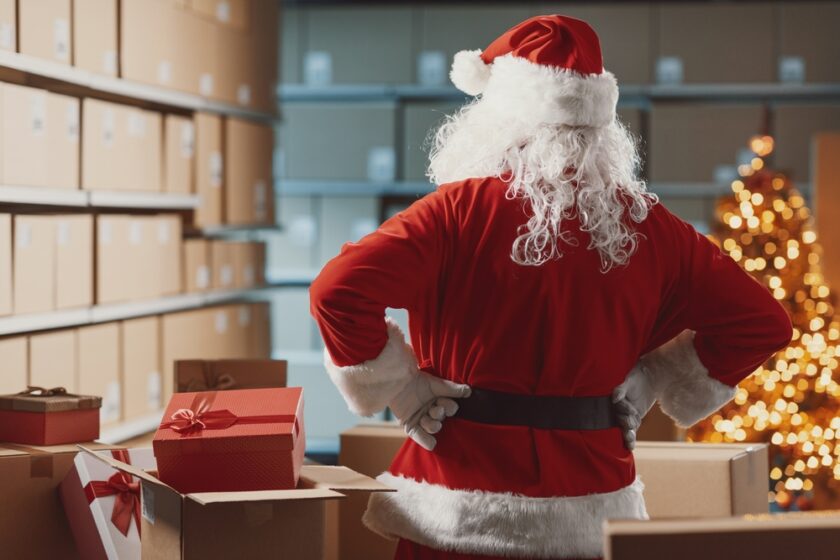The primary key to a successful promotional giveaway is giving end-users an item they need. That could be a notebook for an educational event, a USB device to store important information, or a Bluetooth speaker that fulfills their need to party. The latest promotional idea from Lyft fulfills a literal need for any human: eating.
Anyone who has spent enough time at industry events or trade shows knows that having a little snack can be an enormous difference maker. Lyft knew that, and went the extra mile to make the fuel healthy, too, by giving out branded fruit.
Branded fruit as B2B event swag? I must admit it's different, but am not sure how I feel about it. https://t.co/yqzc5vbBjn #Eventswag #B2Bmarketing #Brandedfruit #DigitalMarketing #B2Bevents #B2Beventmarketing pic.twitter.com/izbYu2c7iH
— Eric Louw (@TheRealEricLouw) December 20, 2018
According to Fast Company, AT&T and Twitter also got in on the branded fruit game. AT&T gave VIP clients branded pineapples, and Twitter gave out branded peaches at a recent event. Soundcloud gave out branded radishes at a party, which is odd, but apparently was a hit.
What all of these promotions have in common, aside from probably being approved by three out of four doctors, is one person. Danielle Baskin, a San Francisco digital artist and designer, had the idea for promotional fruit after thinking about more sustainable and useful promotional product opportunities.
https://twitter.com/MeeCatherine/status/1073591732456054784
“I recently received a pair of sunglasses at an event, which I am never going to use because I wear regular glasses,” she told Fast Company. “So they’re serving absolutely no purpose.”
Her company, aptly named Branded Fruit, started as kind of a joke. In 2015, she had a friend whose startup was acquired by WordPress, and Baskin brought avocados with the company’s logo to the party to celebrate the acquisition. The company can decorate a variety of foods, like avocados, coconuts, eggplants, potatoes, beets, persimmons, limes and garlic. It also can match the client’s logo and branding, or coordinate to match the fruit.
“I thought it would be kind of funny to bring avocados with the Scroll Kit logo on them,” she said.
She used her artistic background to figure out a way to put the logo on the fruit to make what otherwise would’ve been a welcome addition to any party a little more on-theme.
“People were taking pictures of them and talking about how they were such good swag,” she said. “But they are also easy to toss into your backpack for dinner later. And who doesn’t love an avocado?”
After a few more companies started asking about the prospect of branded fruit, she decided it was time to create a web presence for her increasingly fruitful operation. (Yikes, sorry.)
What also sets her business aside is the disparity between order sizes. She has done small orders of 10 pieces of fruit and has ordered hundreds for the big events for clients like Lyft. She also charges the flat rate of $5 for each piece of fruit, which is likely more than you’re going to see at a grocery store, but is pretty fair considering the level of original artwork and personalization.
“Large companies seem to have enormous budgets for swag,” Baskin said. “I sometimes think I should increase my prices, but I also think it is crazy to spend more than $5 on a piece of fruit.”
As people become increasingly conscious of negative implications of promotional items, such as the potential to create waste, items that are not only sustainable and eco-friendly, but also serve a real need in a creative way, are going to thrive. For companies like Baskin’s, there’s a big opportunity.
The Branded Fruit landing page puts it pretty succinctly:
Fruit is an eco-friendly, waste-free alternative to promotional items. We don’t use any packaging—anyone can bring the swag home and eat it! Even though it’s ephemeral, it’s memorable. The novelty of seeing a logo on fruit is guaranteed to be photographed and shared by its recipient on Twitter and Instagram.
They are eco-friendly, they are memorable and they are being shared on social media. Sounds about as good as it gets for a promotional standpoint, doesn’t it?



